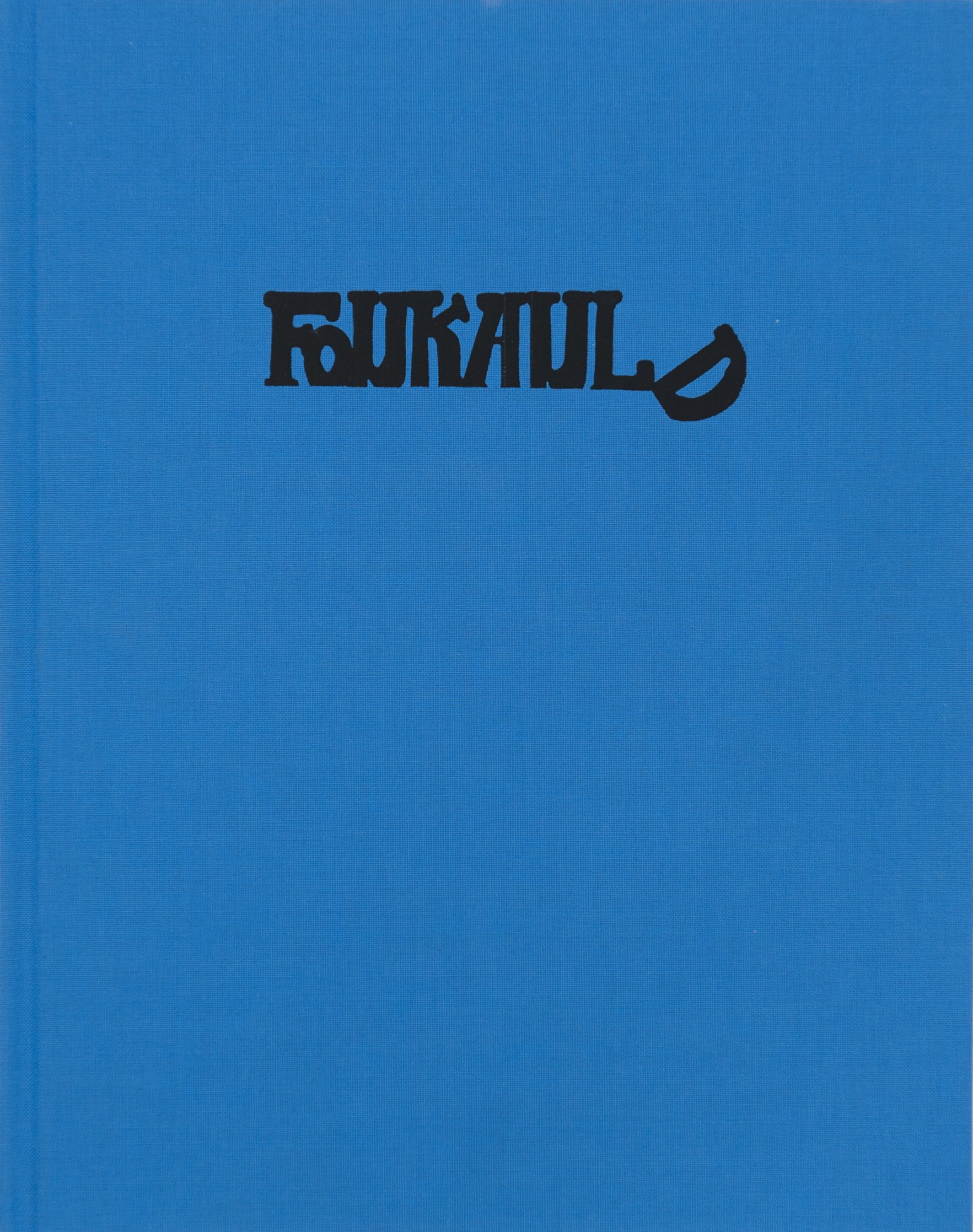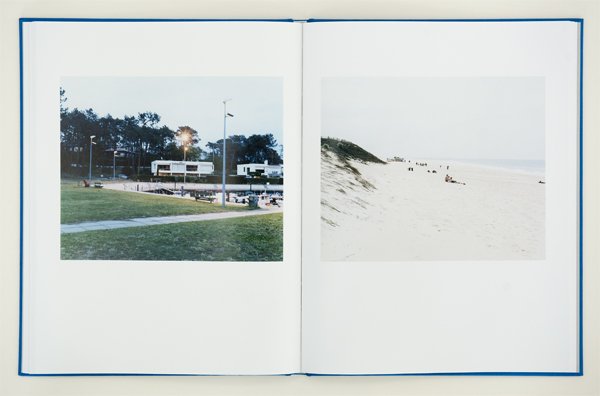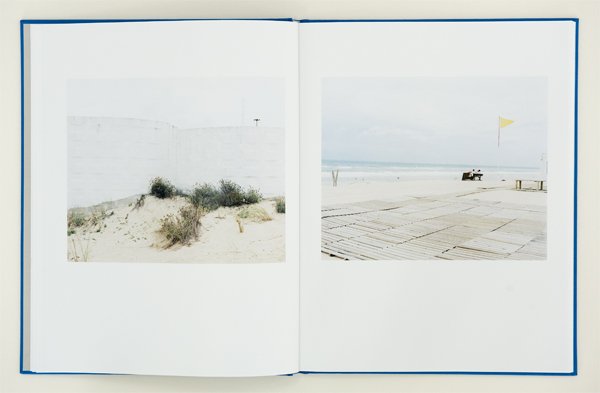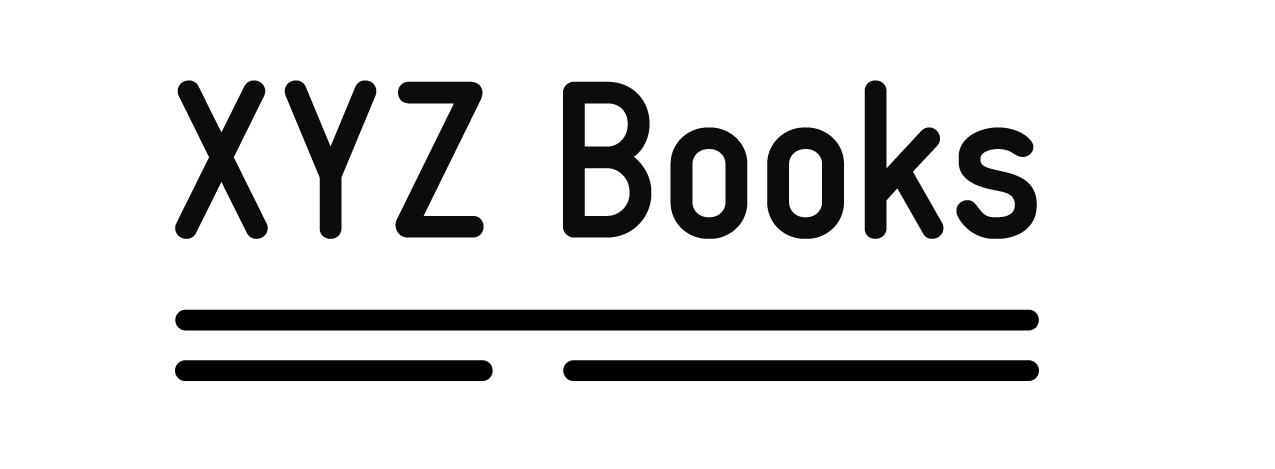 Image 1 of 6
Image 1 of 6

 Image 2 of 6
Image 2 of 6

 Image 3 of 6
Image 3 of 6

 Image 4 of 6
Image 4 of 6

 Image 5 of 6
Image 5 of 6

 Image 6 of 6
Image 6 of 6







Foukauld / Markus Oberndorfer
Markus Oberndorfer’s photographs of bunker installations built by the Nazi regime along the beaches of the Atlantic Wall in the French section around Cap Ferret are eloquent witnesses of the disappearance, alteration and appropriation of cautionary relicts from the Second World War.
The colour photographs were taken over a period of several years (2005-2010), and with their pared-down colours and contrasts they have also become metaphors for the transience of analogue photographic material. The bunkers themselves meld inconspicuously into the landscape marked by the harsh climate. Today they serve mainly as viewing platforms for surfers and tourists or as ideal surfaces for graffiti. Foukauld – La Disparition is the title of both the book and the project as a whole, which is an artistic as much as a scientific work. It can certainly be interpreted as a reference to the great French philosopher Michel Foucault and his thoughts on history and memory.
Oberndorfer too is captivated by “the irritation – the irritation that induces reflection”. Or, along with Foucault: “Heterotopias” refer to society’s mainstays. In documenting both disappearance and appropriation Markus Oberndorfer’s bunker photographs convey the message that wars are man-made disasters in which man-made bunkers provide no protection. Inge Marszolek
Markus Oberndorfer’s photographs of bunker installations built by the Nazi regime along the beaches of the Atlantic Wall in the French section around Cap Ferret are eloquent witnesses of the disappearance, alteration and appropriation of cautionary relicts from the Second World War.
The colour photographs were taken over a period of several years (2005-2010), and with their pared-down colours and contrasts they have also become metaphors for the transience of analogue photographic material. The bunkers themselves meld inconspicuously into the landscape marked by the harsh climate. Today they serve mainly as viewing platforms for surfers and tourists or as ideal surfaces for graffiti. Foukauld – La Disparition is the title of both the book and the project as a whole, which is an artistic as much as a scientific work. It can certainly be interpreted as a reference to the great French philosopher Michel Foucault and his thoughts on history and memory.
Oberndorfer too is captivated by “the irritation – the irritation that induces reflection”. Or, along with Foucault: “Heterotopias” refer to society’s mainstays. In documenting both disappearance and appropriation Markus Oberndorfer’s bunker photographs convey the message that wars are man-made disasters in which man-made bunkers provide no protection. Inge Marszolek
Markus Oberndorfer’s photographs of bunker installations built by the Nazi regime along the beaches of the Atlantic Wall in the French section around Cap Ferret are eloquent witnesses of the disappearance, alteration and appropriation of cautionary relicts from the Second World War.
The colour photographs were taken over a period of several years (2005-2010), and with their pared-down colours and contrasts they have also become metaphors for the transience of analogue photographic material. The bunkers themselves meld inconspicuously into the landscape marked by the harsh climate. Today they serve mainly as viewing platforms for surfers and tourists or as ideal surfaces for graffiti. Foukauld – La Disparition is the title of both the book and the project as a whole, which is an artistic as much as a scientific work. It can certainly be interpreted as a reference to the great French philosopher Michel Foucault and his thoughts on history and memory.
Oberndorfer too is captivated by “the irritation – the irritation that induces reflection”. Or, along with Foucault: “Heterotopias” refer to society’s mainstays. In documenting both disappearance and appropriation Markus Oberndorfer’s bunker photographs convey the message that wars are man-made disasters in which man-made bunkers provide no protection. Inge Marszolek
Photographs: Markus Oberndorfer
Texts: Inge Marszolek, Wolf Langewitz, Markus Oberndorfer
Design: Markus Oberndorfer + friends
2012
Fotohof
106 pages
28,5 x 22,5 cm
Hardcover
Offset Print
First Edition
ISBN 978-3-902675-71-2
